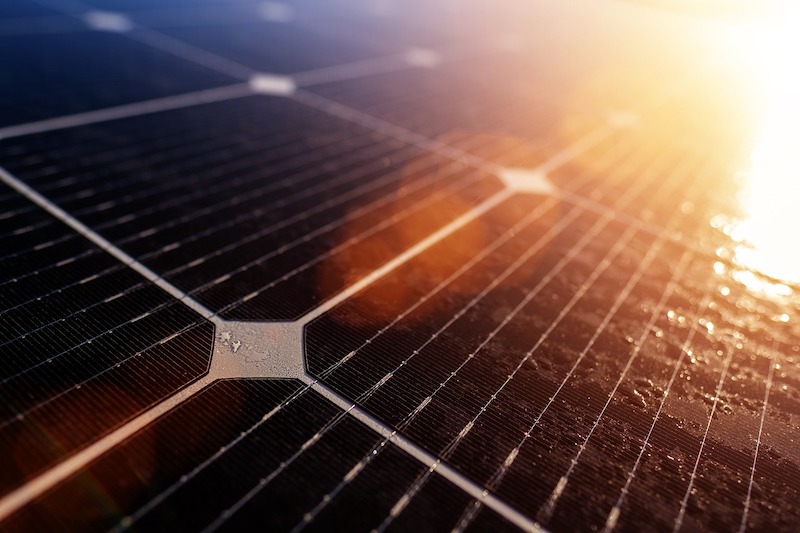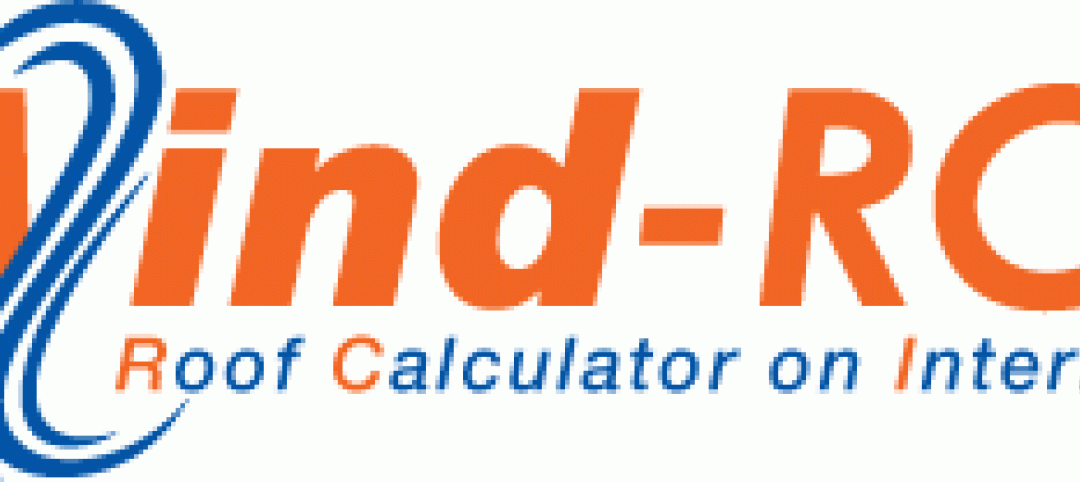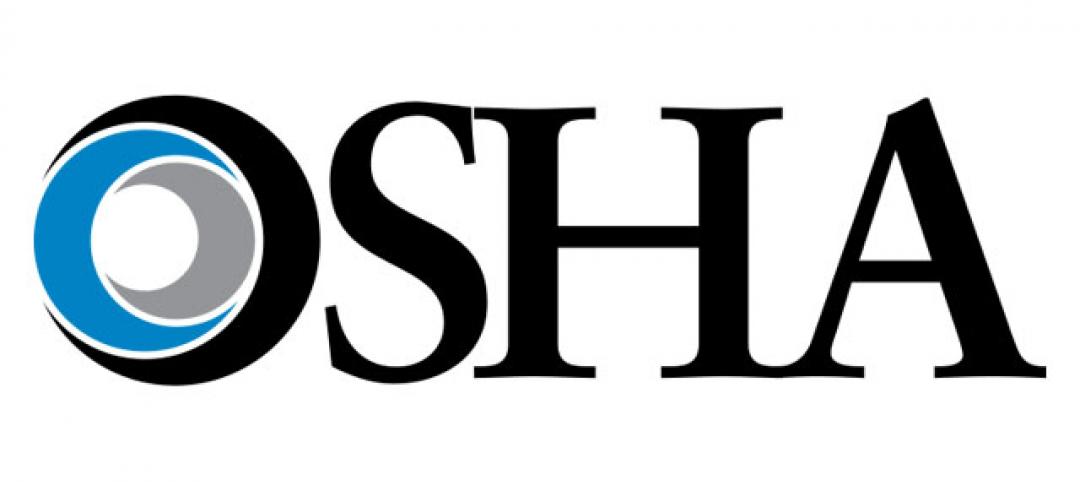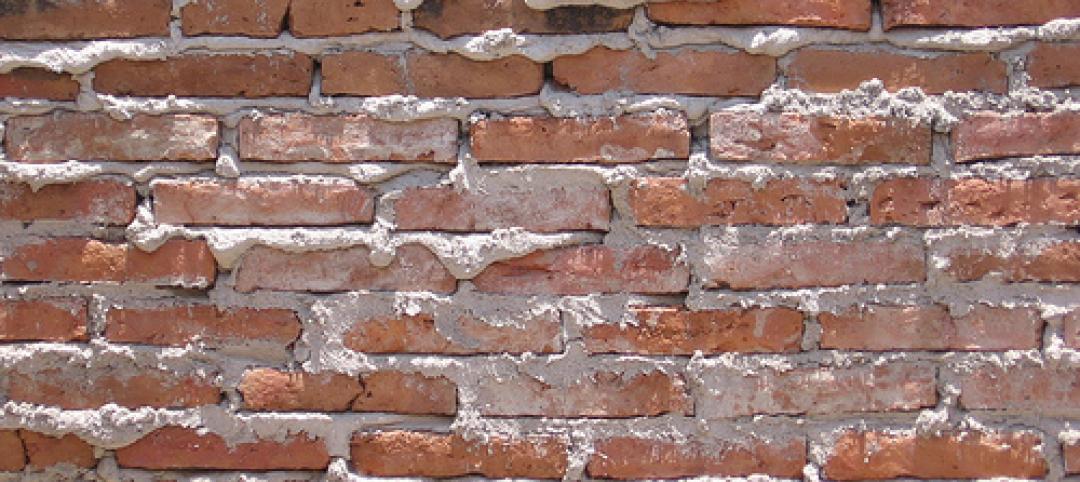With green lending programs that spur energy efficient construction in the multifamily sector, Fannie Mae has been supporting environmentally friendly projects for several years.
The lender’s Green Rewards Program can also be used to defray the cost of installing solar panels on multifamily properties including affordable housing projects. Fannie Mae’s Multifamily Green Rewards mortgage loan financing program is for borrowers who have elected to reduce energy and water usage of their property by a combined 30%. At least 15% of the savings must be attributed to energy savings.
The Green Rewards program already offers several benefits, such as lower interest rates, up to 5% more loan proceeds, and free Energy and Water Audit Reports. Fannie Mae recently expanded the program to include a free technical solar assessment of the property for those interested in adding solar power generation.
Fannie Mae, along with Freddie Mac and HUD, offer increasingly competitive green lending products for borrowers, lenders, and anyone involved in the acquisition or re-financing of multifamily properties.
Related Stories
| Feb 9, 2012
Initiative to sell off under-used federal property gaining momentum
The bill is similar to a White House planto cut $8 billion worth of building costs by the end of the 2012 fiscal year, and to establish a panel to identify other sites worth selling or donating to nonprofits or state and local governments.
| Feb 9, 2012
Computer tool helps engineers design roof cladding using Canada's building code
Easier to design roof cladding that can withstand winds in a given area.
| Feb 9, 2012
Webinar focuses on lessons learned from LEED-certified industrial project
This case study will focus on strategies used to save the client money, achieve certification, and effectively market success once the project was complete.
| Feb 9, 2012
Rapid growth of zero energy buildings expected
Much of that growth will be in the European Union, where near-zero energy buildings are mandated by 2019 for public buildings, and by 2021 for all construction.
| Feb 9, 2012
Stiffer OSHA fines put strain on Kansas contractors
A fine for a violation that once cost between $750 and $1,200 now runs $7,000 or more per incident, according to a state industry association official.
| Feb 9, 2012
Webinar focuses on lessons learned from LEED-certified industrial project
A Construction Specifications Institute webinar will focus on the lessons learned through the design and construction of a LEED-certified industrial project, Better Living Mill Shop, the first industrial building in Central Virginia to earn LEED certification.
| Feb 8, 2012
California likely to eliminate redevelopment agencies
Leaders of California cities had been trying to fashion a compromise with lawmakers after the state Supreme Court ruled the state had the authority to eliminate the agencies and use their property tax money for local services.
| Feb 8, 2012
Project aimed at economical seismic retrofits on historic Memphis structures
The group will develop a low-cost seismic retrofit model that would benefit aging brick-and-mortar structures. It involves bolting steel brackets to existing wooden floor and ceiling joists.
| Feb 8, 2012
Houston signs on to Better Buildings Challenge
The challenge has about $4 billion in federal and private-sector funds, which it will use for building energy upgrades nationwide in the next two years.















